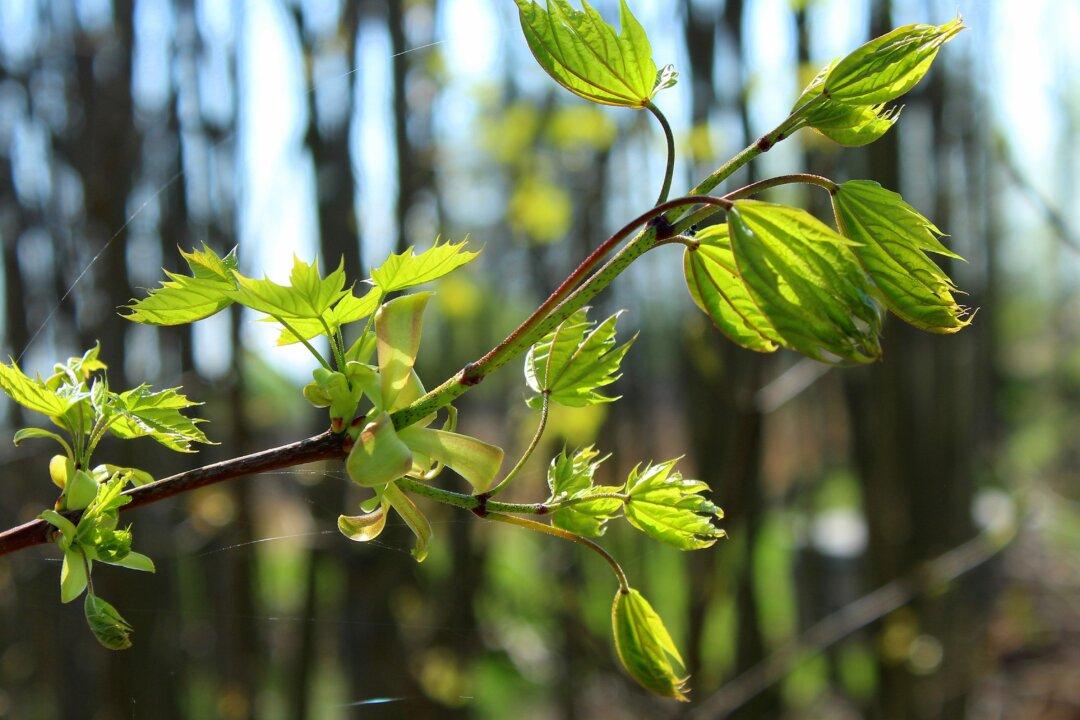Australian eucalypt forests are resilient to bushfires, with 70 percent of plants found to be able to make it through the infernos due to defence mechanisms developed over millions of years, a new study has found.
Ecologist Patrick Norman and four other scientists based at Griffith University and Australian National University conducted a scientific research on forest fire recovery (pdf).





